
Transatlantic Alliance Rifts Tearing Into The Open
As Kiev's ability to maintain the current line of contact appears more tenuous by the day, latent fault lines-mostly drawn on political and economic grounds-in the current security architecture may very well lead to a number of until-now brushed over rifts tearing open in the post-war period.
The first major schism can be found in the relationship between the United States and its European allies. It is possible to make the argument-albeit in a rather cynical manner-that forcing Ukraine to keep fighting instead of agreeing to limited concessions at the beginning of the war served to achieve advantageous returns for Washington.
The cut-off of Russian oil and gas to Europe has directly benefited the US energy industry through the subsequent demand for US LNG, helping it to become the world's largest LNG exporter in 2023, with Europe as the primary destination.
This past year also set new records for US crude oil exports; Europe once again led the way as the top export destination (1.8 million barrels/day, compared to 1.7 million to Asia and Oceania). This was all undergirded by one of the most major inter-alliance developments in the post-Cold War period: the sabotage and destruction of both Nord Stream pipelines.
At the same time, the increased price of energy alongside supply chain challenges in Europe has increased the relative competitiveness of the US economy as production costs soared on the continent. Germany – Europe's industrial powerhouse with an economy that is heavily reliant on the export of manufactured products – has precipitously fallen to become the worst-performing major developed economy in the world.
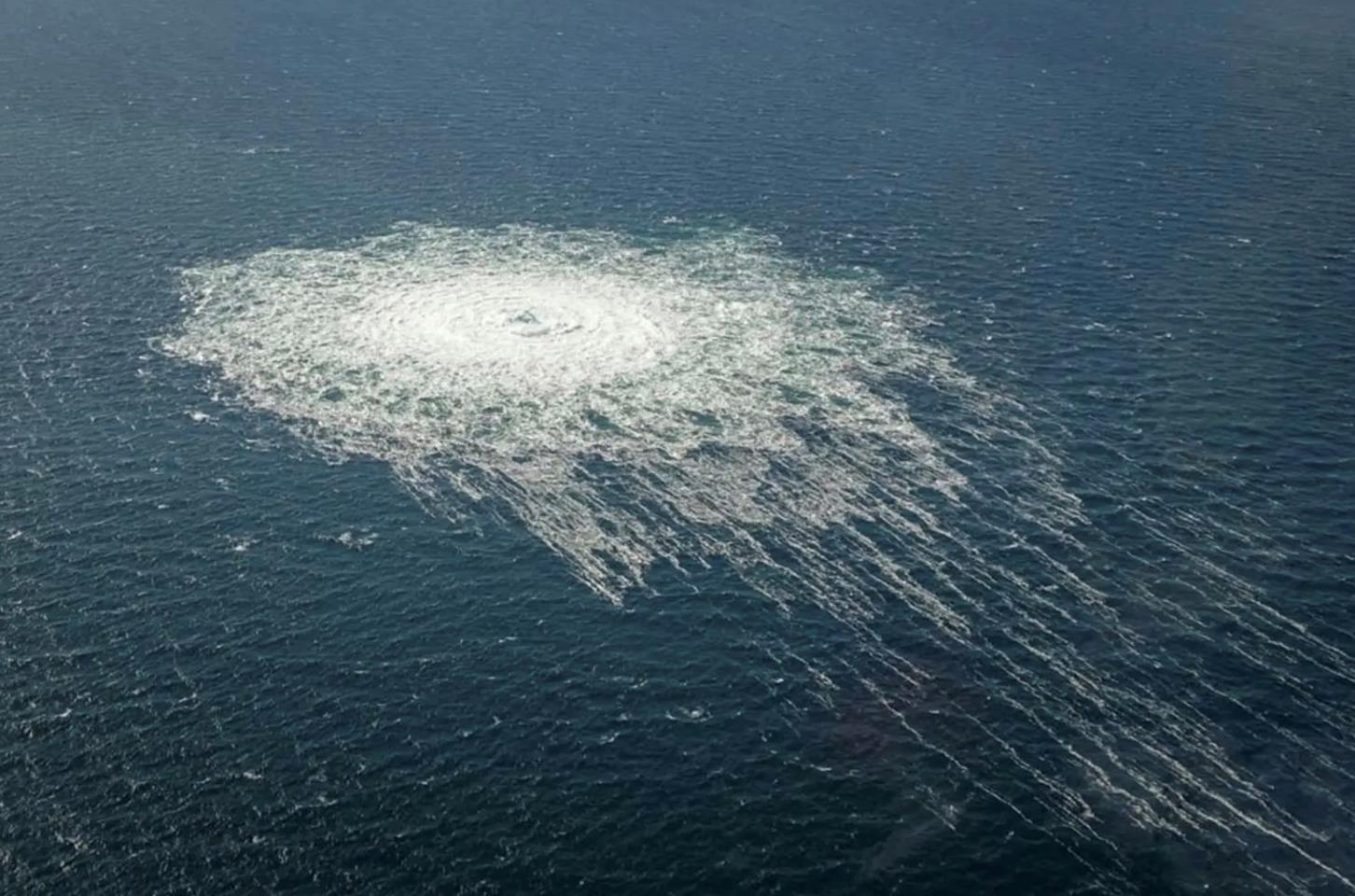
Gas bubbles in the Baltic Sea from the Nord Stream 2 natural gas pipeline sabotage on September 27, 2022. Photo: Danish Defense Command / Handout
Unsurprisingly, the German population has subsequently suffered from plummeting living standards since the outset of the war. The International Monetary Fund predicts economic growth in the Eurozone of only .9% in 2024, particularly measly when compared to 2.6% predicted in Russia.
Meanwhile, farmer protests are still raging across much of Europe, not only due to increasingly stringent regulations enacted under the auspices of“environmental measures”, but also because of the flood of cheap agricultural imports from Ukraine.
Local European populations suddenly saw their market share of agricultural products undercut by cheap Ukrainian alternatives when the EU determined that free trade would be allowed with Kiev at the initiation of the war. Most notably, Polish tractors continue to attempt blockades of the border with their war-torn neighbor, while further west in Brussels farmers hose down the bastions of EU bureaucracy with fresh manure.

More Afghan withdrawal fallout for the US

A novel analysis of gold's skyrocketing surge

High time for real US-Japan defense cooperation
There have been political repercussions as well. The Alternative for Germany (AfD) party continues to grow in both popularity and parliamentary power, forcing the Eurocentric political establishment in Berlin to tie itself in a Liberal pretzel: officials continue to discuss the possibility of banning AfD outright , thus stamping out any genuine dissent to the status quo all (somewhat ironically) in the name of openness and inclusivity.
And while the displacement of the Law and Order Party (PiS) in Poland was undoubtedly a cause for celebration among the champions of European consolidation, there is still evidence of lingering public discontent with the general direction of things.
Whereas AfD is often portrayed by Western media as pro-Russian and has called for the EU establishment to stop promoting war with Moscow, PiS is actually just as bellicose if not more outright anti-Russian than Donald Tusk's Europhile Civic Platform Party.
An AfD supporter in Germany. Image: Al Jazeera Screengrab
Similar to the situation with AfD, action against“illiberalism” was also determined to be necessary in Poland. One of the first moves by the Tusk administration upon its return to power was to move against political holdovers from PiS.
Of course, there has also been a sharp divergence between the interests of individual European nations. Over in Central Europe, Hungary is often chided for being hesitant to offer unqualified support for Ukraine.
Among other occasions, it found itself in the sights of Brussels and Berlin at the end of 2023 when it held up the 50 billion euro aid package for Kiev that is funded from the EU common budget.
Budapest had also pushed back against the rubber stamp for Ukraine's ascension to the EU over issues with the large Hungarian minority that is currently located within the borders of Ukraine.
The collective attempt to totally ostracize Russia has also led to sharp divergences between Czechia and Slovakia; the former went so far as to refuse a standard joint cabinet meeting with the latter after the Slovak foreign minister met with Russia's top diplomat, Sergei Lavrov.
Further to the southeast, the Bulgarian government has been generally supportive of the EU's stance in Ukraine. And yet, in every round of parliamentary elections that have taken place since the start of the war (there have been five), the two most pro-Russian opposition parties have by far made the greatest gains.
There is yet another bout of snap elections scheduled to take place this summer, suggesting even more potential gains. Bulgaria shares important cultural ties with Russia, but the fact that the country was almost entirely reliant on Moscow for its oil and gas needs has also introduced a host of additional economic challenges for Sofia.
Meanwhile, France under the leadership of Emmanuel Macron has presented itself as an apparent leader in European security. This should undoubtedly be welcomed in the United States, which has a chronically overstretched defense posture.
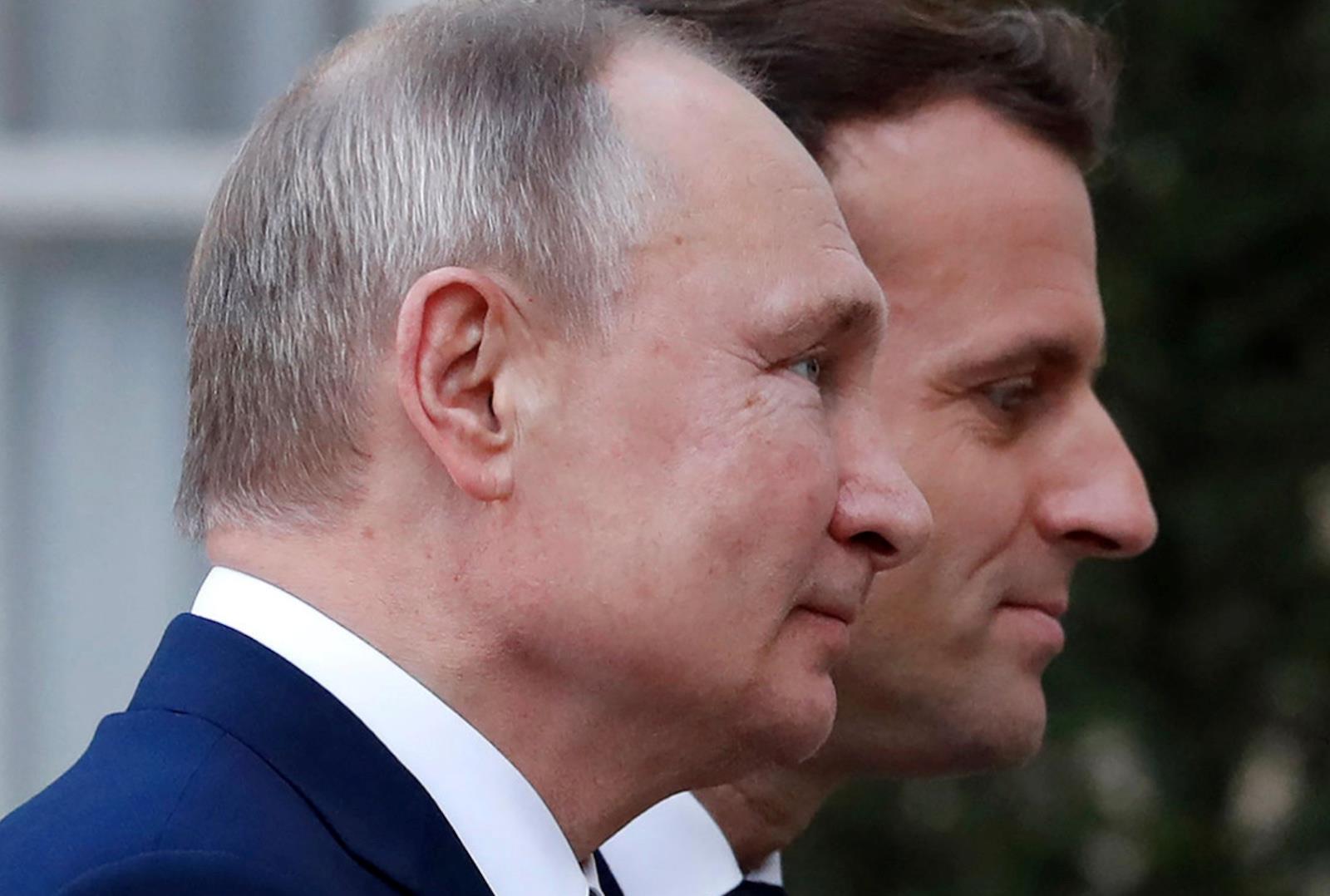
French President Emmanuel Macron has suggested sending NATO troops to fight Vladimir Putin's Russian forces in Ukraine. Image: Tass
Despite accounting for about one-third of all military expenditures in the world, the current war in Ukraine has also showcased weaknesses in America's defense base, specifically as regards its capacity for industrial production .
Not only does the US need to better focus its limited resources abroad but that refocusing should in itself be oriented towards addressing the deteriorating domestic situation at home.
Most importantly, however, the war has highlighted a number of divergences in national security interests among the various transatlantic partners.
The issue of security is usually accepted as superseding any political and economic considerations. While that may be true, it should also be clear that shared membership in NATO by no means equates to shared strategic interests, threat assessments, or approaches to international relations in general.
This is intuitive, as the variable circumstances of geography, size, population and culture lead to unique considerations of national interest. The possibility for dissension arises when that national interest is in conflict with those of other members of the coalition.
The best example of this is the Baltic countries, which view Russia as a major threat and thus support the most extreme measures in confronting Moscow.
However, the bellicosity of a nation such as Estonia (population of about 2 million, 104th ranked economy in the world) or Latvia (whose officials have hinted at the need to outright destroy Russia) raises serious questions about whether the US (or any other country) will be able to muster the public support necessary to send its own citizens to fight and die for foreign borders – unless one distills the complex world of geopolitics down to political talking points and moral grandstanding.
But fewer and fewer people appear willing to do exactly that, especially in the US . Despite official proclamations to the contrary, Western officials are undoubtedly aware that the possibility of seriously altering the territorial outcome of the conflict in Ukraine's favor is, at this point, essentially zero. It therefore makes sense for the US specifically to begin seeking peace in Ukraine.
Again, in the most cynical sense, the war has reached a point of diminishing returns with the risk of escalation currently outweighing any potential benefit: the longer the bloodshed goes on, the worse the outcome will be for Kiev.
That's not to mention exposing vulnerabilities in Western weapons systems that can undermine force effectiveness in any potential future conflict. Destroyed M1 Abrams Tanks and Patriot Missile systems neither project power abroad nor instill confidence at home.
Whether or not Washington will begin pushing for a negotiated settlement is, unfortunately, still rather contingent on the ideological proclivities of the US foreign policy establishment, the same as their European counterparts.
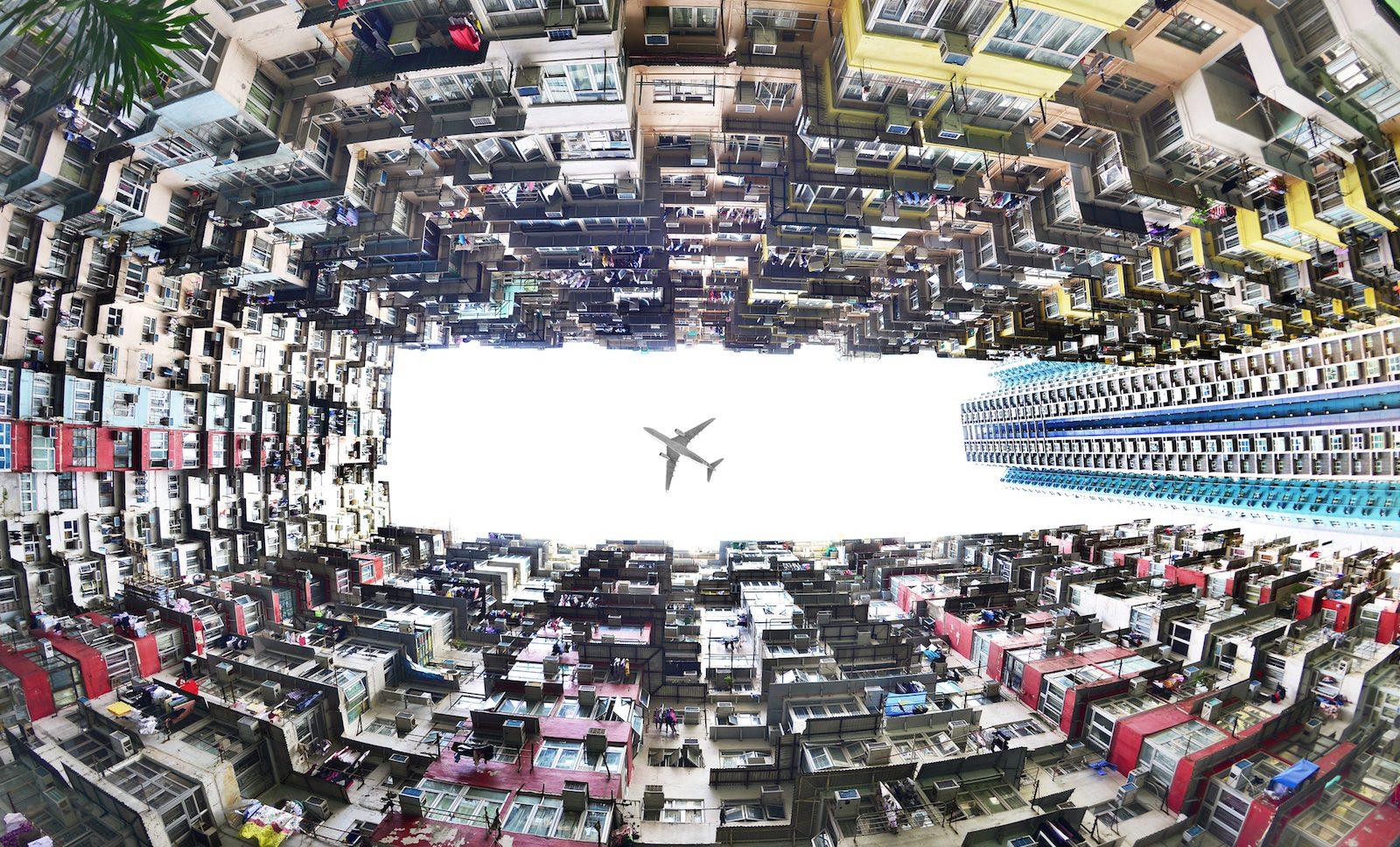
Sign up for one of our free newsletters
- The Daily ReportStart your day right with Asia Times' top stories AT Weekly ReportA weekly roundup of Asia Times' most-read stories
Those who disagree with a realist assessment of the situation in Europe may cite the ascension of Finland and Sweden to NATO as proof of a strong transatlantic order. However, this still says nothing of the underlying issues discussed above.
Leaders have relied upon the quiescence and compliance of their national populations to pursue their idealist agendas. That quiescence can no longer be counted on as the citizenries of both the US and individual European countries begin to push back against the increasingly disconnected policy positions of their respective governments.
The most consequential rift that is therefore likely to continue opening up in the transatlantic order upon the Ukraine war's eventual conclusion is the one that currently separates its two fundamental political groups: those who are currently ruling and those who are ruled.
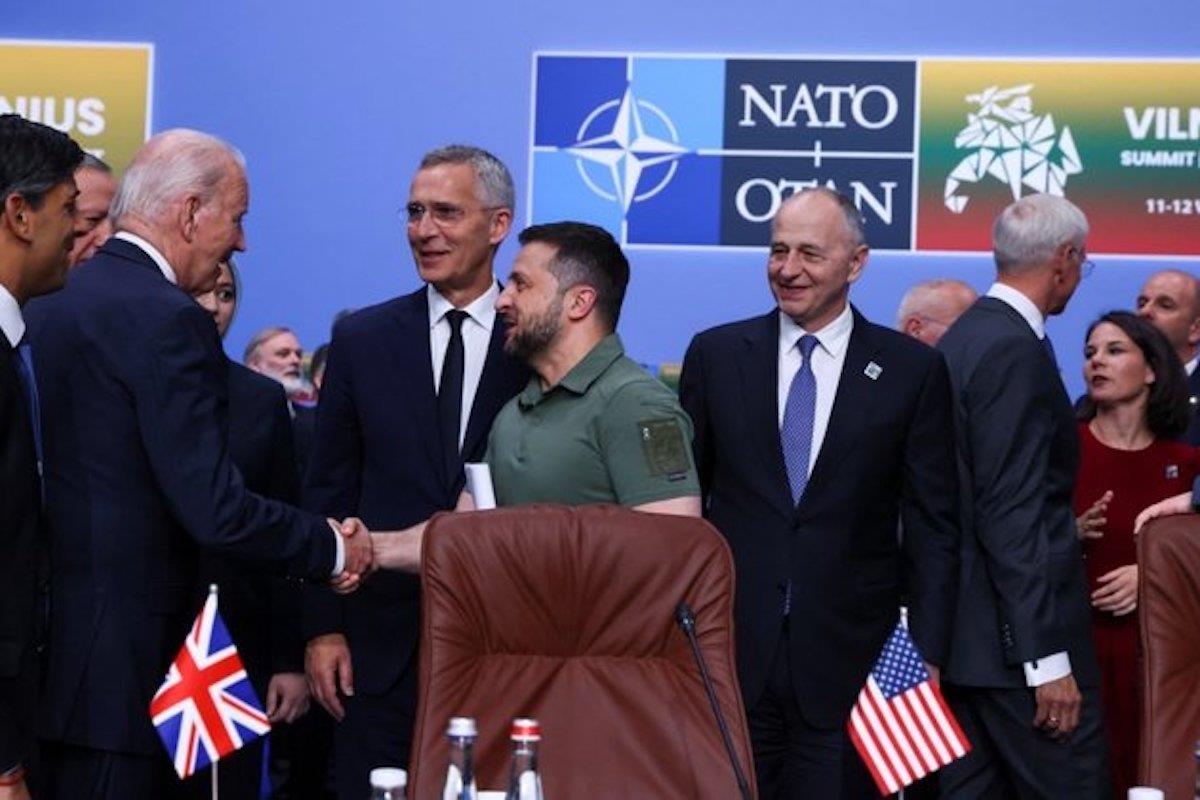
Ukrainian President Volodymyr Zelensky shakes hands with US President Joe Biden at the Vilnius NATO summit. Image: Twitter
A restructured security architecture in Europe that allows for increased regional leadership by countries such as France and Germany, with the potential for even smaller sub-coalitions, would enable a greater unity of interests – and thus effectiveness – in working toward shared goals.
This would subsequently lead to greater stability both in Europe and the world. However, such a state of affairs would also inherently be viewed as a threat to the first principles of international politics upon which the current order was erected: the multilateral over the national; the ideal over the concrete.
Nonetheless, evidence of a growing opposition to that order has been on display both in the US and Europe. The war in Ukraine has in many ways been a flashpoint for that opposition. As the smoke clears, a period of nationalist renaissance – or nationalist regression, depending on whom one is asking – may be waiting in the breach on both sides of the Atlantic.
Dominick Sansone is a doctoral student of political philosophy at Hillsdale College. He previously attended the Johns Hopkins University School of Advanced International Studies (SAIS) and completed a Fulbright grant in Bulgaria.
His writings on US-Russia relations have been published at
The American Conservative,
National Interest and the
American Mind, among others.
Thank you for registering!
An account was already registered with this email. Please check your inbox for an authentication link.

Legal Disclaimer:
MENAFN provides the
information “as is” without warranty of any kind. We do not accept
any responsibility or liability for the accuracy, content, images,
videos, licenses, completeness, legality, or reliability of the information
contained in this article. If you have any complaints or copyright
issues related to this article, kindly contact the provider above.
Most popular stories
Market Reseach
- B2PRIME Strengthens Institutional Team's Growth With Appointment Of Lee Shmuel Goldfarb, Formerly Of Edgewater Markets
- BTCC Exchange Scores Big In TOKEN2049 With Interactive Basketball Booth And Viral Mascot Nakamon
- Ares Joins The Borderless.Xyz Network, Expanding Stablecoin Coverage Across South And Central America
- Primexbt Launches Stock Trading On Metatrader 5
- Solana's First Meta DEX Aggregator Titan Soft-Launches Platform
- Moonacy Protocol Will Sponsor And Participate In Blockchain Life 2025 In Dubai
- Primexbt Launches Instant Crypto-To-USD Exchange

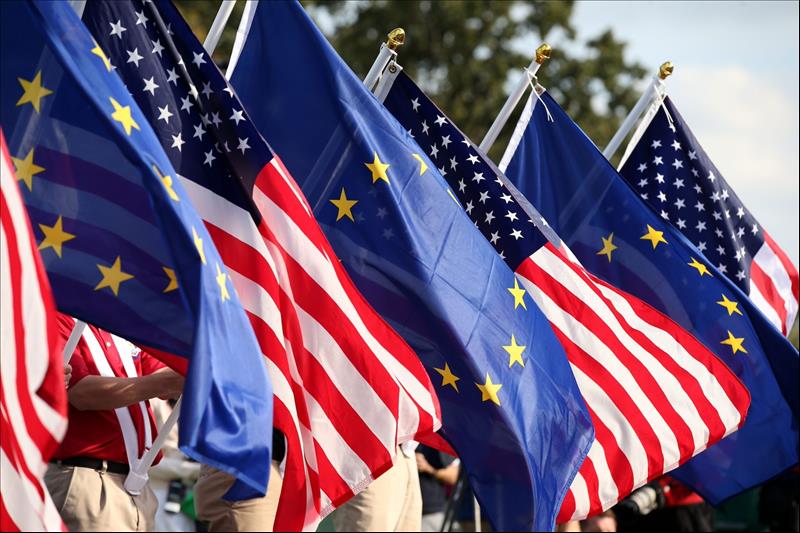


















Comments
No comment